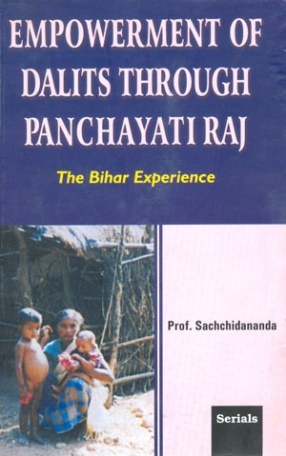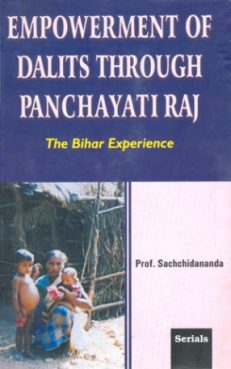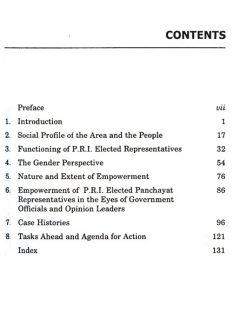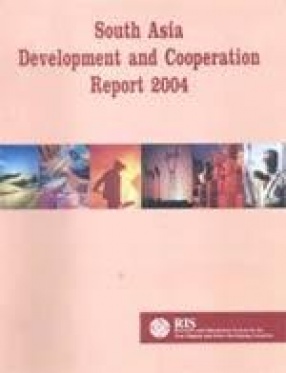The Dalit have been trapped in poverty and deprivation for a long time. They are victims of destitution, deprivation and debt bondage. An economically backward society such as Bihar lacks all those dynamic qualities that support, sustain and speed up socio-economics growth. Removal of all the road blocks is a prerequisite for empowerment. The Dalit must get their due share in and access to societal resources.
Although the development process has made a slight dent in the dense structure of inequality, empowerment has to be cultivated to transform the state of helplessness and passivity into a state of hope and action. This can only be achieved through psychological mobilization necessary for demolishing the edifice of inequality, injustice and exploitation. It induces radical change in one’s personality resulting in a new approach to the prevailing situation.
The Panchayati Raj possesses all potentials for the creation of a new social order. It provides a platform for grassroots action. In many places, it has been an instrument of liberation, education and collective intervention and critical thinking of marginalized groups to shape their own future.
In the present book an attempt has been made to probe the process of empowerment of elected scheduled caste representatives, both men and women, in six districts in Bihar in which they have a large concentration. The role played by them in the running of the Gram Panchayat has been examined. The constraints to the empowerment process by demolishing structural as well as socio-economic barriers have been discussed.










There are no reviews yet.